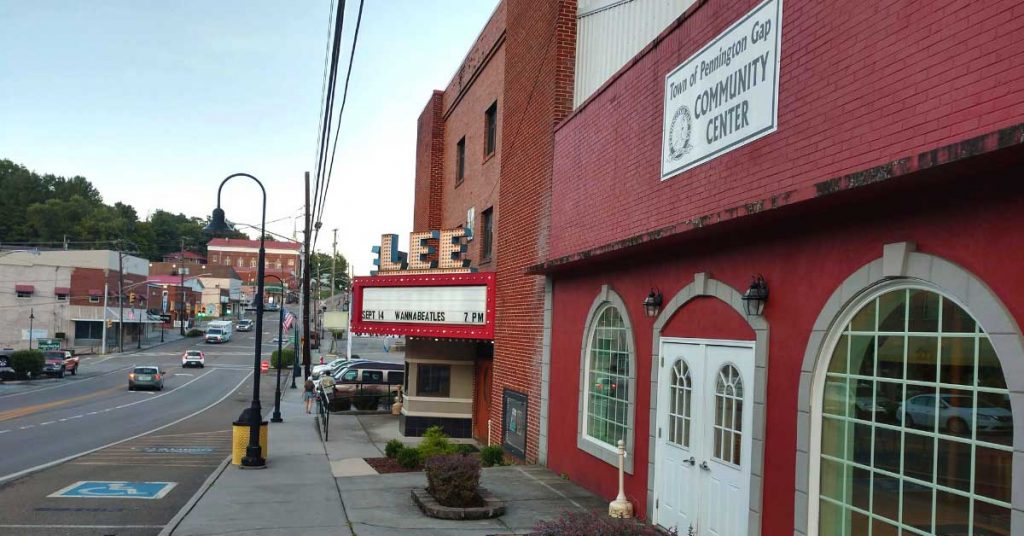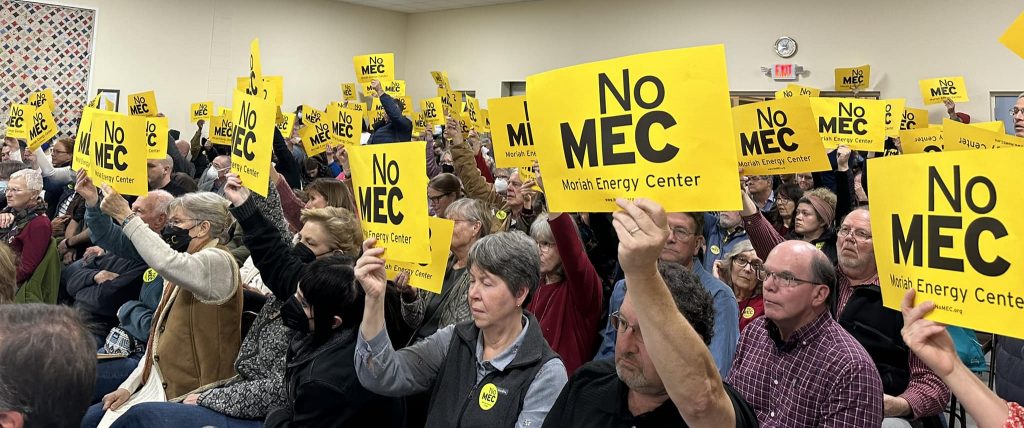BioBuses
Universities Experiment with Alternative Fuel
By Chris Robey

Each of Elon University’s 11 BioBuses is equipped to run on a 20 percent biodiesel fuel blend. Photo courtesy of Elon University.
Universities have long experimented with alternative fuels — engineers at the University of Georgia were tinkering with buses fueled by peanut oil in 1981. But in the decade since Hurricane Katrina caused fuel disruptions nationwide, schools have sought ways to switch their diesel-guzzling bus fleets to alternatives such as biodiesel, a fuel derived from feedstocks, animal fats or used cooking oil.
By 2007, schools such as Appalachian State University, the University of Tennessee-Knoxville and the University of Virginia were receiving praise for their innovative, often student-led biodiesel initiatives. Now, recurring maintenance issues have prompted many of these same universities to temporarily place these initiatives on the backburner. Some schools have no plans of switching back while others, such as Appalachian State, are looking to reintegrate biodiesel after briefly discontinuing its use.
The Association for the Advancement of Sustainability in Higher Education notes that switching to biodiesel does not make a fleet carbon-free. Common blends like B20, or 20 percent biodiesel, are still mostly petroleum.
While biodiesel can be made from recycled used cooking oil, soybeans and other feedstocks are more common sources. Feedstocks require more cropland and must be shipped long distances from growers in regions like the Midwest to fuel suppliers in Appalachia. Such complications can throw the actual environmental benefit of using biodiesel into question.
According to Jonathan Monceaux, assistant director of Transportation Services at the University of Virginia, the school’s buses once ran up to B30 but have since switched to ultra-low-sulfur diesel. He cites bad luck with engine troubles in cold weather, noting that fuel lines tend to gel up with lower temperatures as biodiesel, especially richer blends like B20, congeals into a sticky mess that the fleet manager at UGA has likened to peanut butter and jelly.
Sustainability analyst Kerby Smithson says that Asheville Redefines Transit, the bus system for the city of Asheville, N.C., has experienced similar issues. The bus system, whose ridership includes students from the University of North Carolina-Asheville as well as nearby Warren Wilson College, upgraded to B20 in 2013. The following year, single-digit temperatures brought a host of issues with gelling and clogged fuel lines. Buses broke down almost daily that winter, says Smithson.
In response, the city reached a compromise with its fuel suppliers, including local producers such as Blue Ridge Biofuels, which manufactures its fuel from used cooking oil. Now, the city runs its buses on B20 for nine months of the year. Come winter, ART buses switch to a low-level blend less likely to gel and clog the engines.
Asheville fleet managers also employ another alternative: biodiesel-electric hybrids. Seven of Asheville’s 23 buses are equipped to run on both electricity and B20. A 2008 report from Purdue University suggests that such hybrids can help transit systems reduce emissions and fossil fuel consumption without compromising fuel economy.
Students at Elon University in North Carolina can ride one of the school’s 11 BioBuses, equipped to run on B20. “We liked the B20 so much we changed over our older diesel engines in trucks and other equipment,” says Keith Dimont, the university’s automotive services manager. He admits there have been problems with clogging in the winter, “though it’s not enough of a problem that we can’t keep the buses running on time,” he says.
Joshua Brooks, project manager for the student-run Renewable Energy Initiative at Appalachian State, says that while the school’s AppalCart buses have not run on biodiesel for over a year, they may soon be reintroducing the fuel. As the industry improves and fleet managers adopt more innovative strategies, more schools may yet do the same.

Leave a comment
Your email address will not be published. Required fields are marked *




